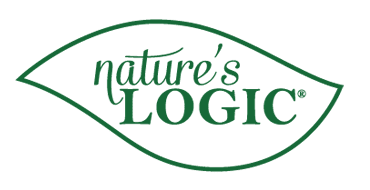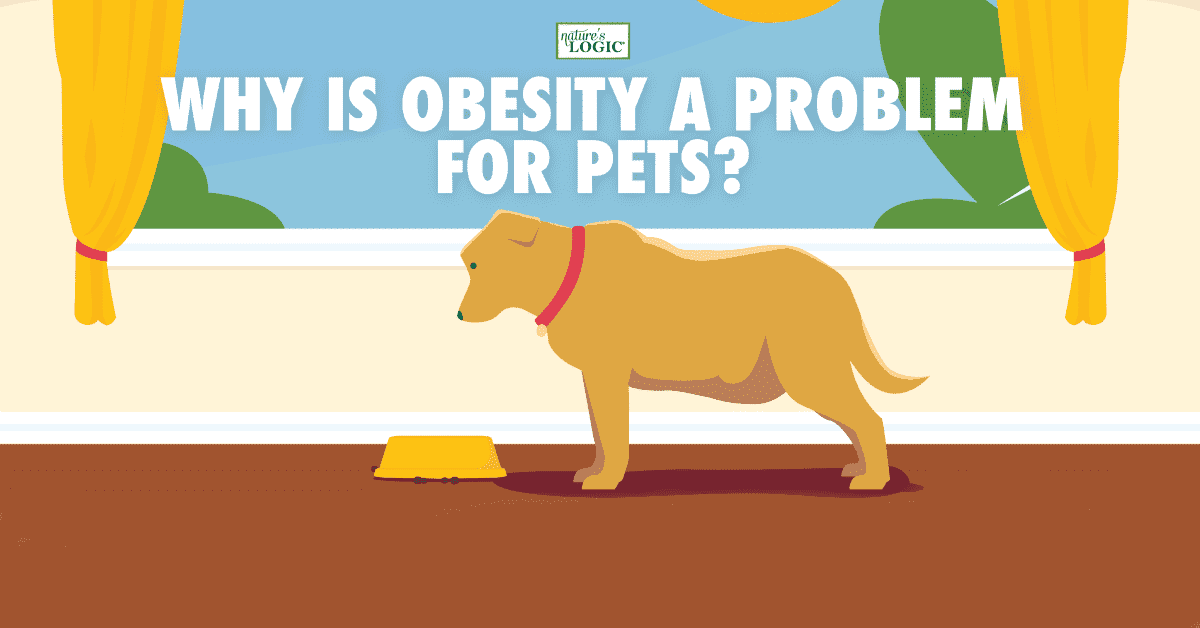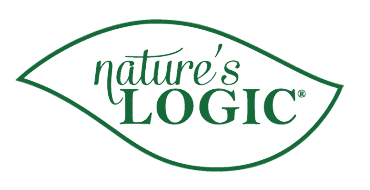Obesity and Weight loss in Your Pets
Why is Obesity a Problem for Pets?
By Dr. Tom Cameron
Overweight. Obese. These words represent big problems for many Americans. But what about our pets? It turns out excess weight and obesity are even bigger issues for our dogs and cats. In fact, in the U.S. at the end of 2018, almost 60% of cats and 56% of dogs were classified as overweight or obese. This translates in to approximately 56 million cats and 50 million dogs who weigh too much. And the numbers are increasing.
But there’s more. Dr. Ernie Ward, DVM, CVFT, lead researcher for the Association for Obesity Prevention in Pets tells us, “The real danger of obesity in pets and people isn’t the fat; it’s the inflammation the excess fat tissues cause.” Inflammation is a nasty part of all of the health conditions listed above. In his book, “Chow Hounds,” Dr. Ward speculates that, “dogs with obesity must feel lousy most of the time.” Ward has been actively working to help veterinarians understand and help owners deal with obesity in their pets. Ward says, “the most crucial decision you make each day about your pet’s health is what [or how much] you choose to feed it. Choose wisely; your pet’s life depends on it.”
How Do I Know If My Pet is Overweight?
One of the biggest challenges in addressing pet obesity is recognizing the problem in the first place. Many pet owners don’t realize their pets are overweight because weight gain happens gradually. A helpful way to assess your pet’s condition is by using a Body Condition Score (BCS) chart, which veterinarians use to determine if a pet is at an ideal weight.
In general, you should be able to feel (but not see) your pet’s ribs without pressing too hard. Your pet should also have a noticeable waist when viewed from above and an abdominal tuck when viewed from the side. If you’re unsure, ask your veterinarian for guidance.
What Can I Do?
Weight loss in pets is a complicated process. In simple terms, weight loss is accomplished by reducing food intake and increasing exercise. Because disease processes can complicate weigh reduction, it’s important to work with your veterinarian when starting any weight loss program. For more information on weight loss in pets, go to the Association for Obesity Prevention website.
Portion Control & Feeding Strategies
- Many pet owners overestimate how much food their pets need. Measuring portions based on your pet’s ideal weight—not their current weight—is key.
- Free-feeding (leaving food out all day) makes it difficult to control calorie intake. Instead, scheduled meal times help regulate weight.
- Consult your vet to determine the right calorie intake and best food options for your pet’s needs.
Exercise: More Than Just Walks
For Dogs
- Increase daily walks, incorporating varying speeds and terrain.
- Engage in interactive play like fetch or agility training.
- Swimming or hydrotherapy is great for overweight dogs, especially those with joint issues.
For Cats
- Encourage movement with interactive toys, laser pointers, and feather wands.
- Use food puzzles to make mealtime engaging and to prevent boredom eating.
- Provide cat trees and climbing shelves to promote jumping and stretching.
What do I Feed My Pet?
Recent controversies over grain-free foods, legumes, taurine and the potential for developing heart disease in dogs have confused pet owners and veterinarians as to what are the best foods to feed. If your pet is healthy but carrying a few extra pounds, consider Nature’s Logic diets. With only whole food ingredients and no synthetic vitamins, Nature’s Logic foods are an excellent choice for quality, nutritional balance and safety. While not formulated as a prescription diet for weight loss, animals eating whole foods burn more calories than animals eating processed foods. With caloric restriction and regular exercise, Nature’s Logic can be an excellent dietary choice for your healthy pet.




